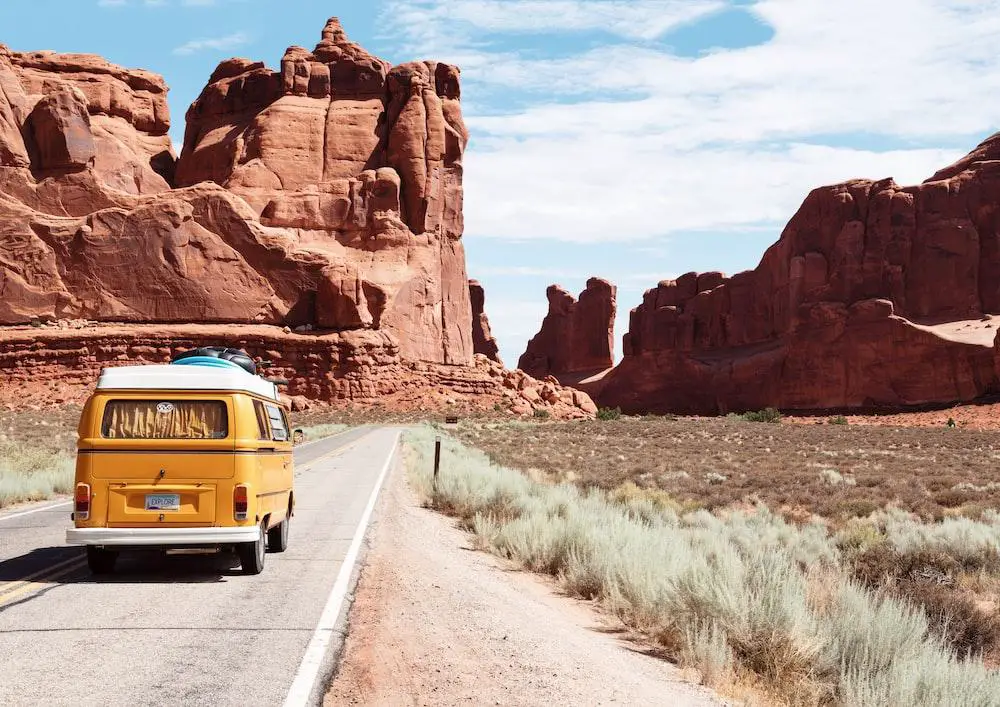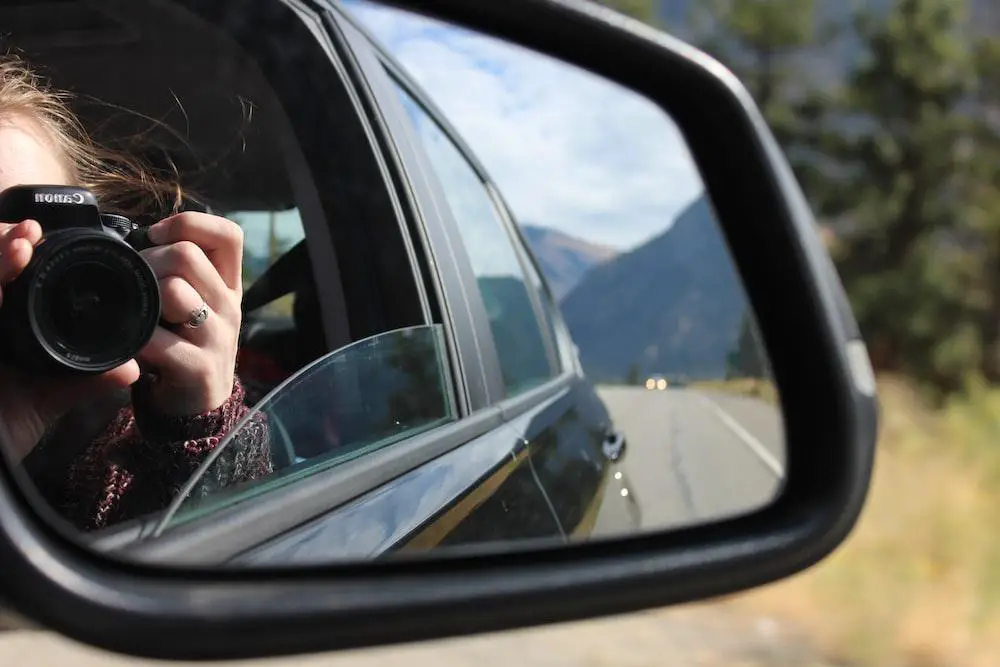Your college years are some of the busiest times in your life. You have lectures to attend and assignments to complete. Also, you may have part-time work responsibilities. As a result, you may feel you don’t have time to explore the world. You don’t always have to spend all your time on serious issues. You also need time to relax and have fun. One of the ways to break your normal college routine is to go on road trips. Road trips provide many benefits, including:
- You take time to explore areas you’ve never been to.
- It’s time for self-reflection.
- The road trip is an excellent stress reliever.
- You can have time to create closer connections with your friends.
- You create memories that you’ll cherish for the rest of your life.
But like everything else, planning is necessary for success. If you don’t plan effectively, you may not have a successful road trip. For instance, you may end up in an area with nothing interesting to see or limited activities, and you could feel like you’ve wasted your money and time. Also, you may run out of funds before you complete your road trip. That may cut short the joy just when things start to get interesting. So, let’s check out some student tips for a successful road trip.
Tips for a Successful Road Trip as a Student
Road trips can be a great way to explore new places and create lasting memories, especially for students. Here are some tips for a successful road trip as a student:
Plan Your Route:
Research and plan your route in advance. Use navigation apps to estimate travel times and identify interesting stops along the way.
Budget Wisely:
Create a realistic budget for your trip, including fuel, accommodations, meals, and any activities you plan to do. Look for student discounts to save money.
Pack Smart:
Pack light but make sure you have essentials like clothing, toiletries, chargers, and any necessary documents. Don’t forget snacks and water for the journey.
Check Your Vehicle:
If you’re using your own car, make sure it’s in good condition. Check the oil, brakes, tires, and ensure all fluids are topped up. If renting a car, inspect it thoroughly before leaving.
Safety First:
Always wear seat belts, and make sure everyone in the car does the same. Follow traffic rules and drive responsibly. Avoid distractions like texting while driving.
Entertainment and Connectivity:
Prepare a playlist or download podcasts for the trip. Bring books, games, or any other forms of entertainment. Ensure your phone and other devices are fully charged, and bring chargers and power banks.
Emergency Kit:
Pack a basic emergency kit with a first aid supplies, flashlight, extra batteries, jumper cables, and any tools you might need for minor car repairs.
Accommodations:
If you plan to stay overnight, book accommodations in advance to secure better rates. Consider hostels, budget hotels, or even camping if the weather permits.
Explore Student Discounts:
Many attractions, restaurants, and accommodations offer student discounts. Take advantage of these to save money during your trip.
Stay Flexible:
While it’s good to have a plan, be open to spontaneity. Sometimes the best experiences come from unexpected detours or stops.
Communication is Key:
Keep your friends or family informed about your whereabouts. Share your itinerary and check in regularly, especially if you’re traveling solo or to a less familiar destination.
Take Breaks:
Don’t underestimate the importance of breaks. Stretch your legs, grab a snack, and enjoy the scenery. It will help you stay alert and make the journey more enjoyable.
Capture Memories:
Bring a camera or use your smartphone to capture the moments. Documenting your trip will allow you to relive the memories later.
Respect the Environment:
If you’re camping or spending time in nature, practice Leave No Trace principles. Respect the environment and local communities.
Pick an Appropriate Route

A road trip isn’t just about driving the car from point A to point B and back – you want to explore your route while at it. That means you’ll have several stopovers before you reach the final destination and turn back. So, you shouldn’t just assume that you’ll figure things out during the day of the trip. You should have a good plan, just like when you pay for essay.
Pick a route that has a lot to see. It could be beautiful nature trails, water bodies, wild animals, or even people with distinct cultures. An extra tip here is to choose the unknown areas – you’ll likely have more fun as you don’t know what to expect. Along the route, identify accommodation areas, eateries, and other places that will make your road trip more seamless.
Where should you get information on the right route to explore? Make the internet your friend – research online about the route and even check reviews of what other explorers say about it. You can also ask people who have used the route for perfect spots to visit.
Create an Excellent Road Trip Budget
One of the essential things to know is that a road trip will cost you financially – the gas, food, accommodation (for long trips), and unexpected car repairs, to name a few. You don’t want a situation where you run out of funds in the middle of nowhere. That happens when you don’t have a proper plan prior to the trip. So, the first step to keep the wheels in motion is to have an accurate budget.
Identify the specific expenses you’ll have during the road trip. Factor in the transportation cost during the duration of the trip. Calculate the approximate cost of gas, parking, and even car maintenance. Next, you should have an idea of how much you’re likely to spend on accommodation and food during your trip.
Depending on where you’re going, you may engage in some activities. For instance, if you’re traveling to a place with a museum, you will need entry and tour fees. You should also have emergency money in your travel budget. The more prepared you are financially, the more seamless and fun your road trip will be.
Get Enough Funds for Your Road Trip
Now that you know how much the trip will cost, it’s time to look for funds to finance it. The goal is to ensure you have enough money. That way, you can explore the location of the road trip exhaustively. While at it, you can learn a lot and have immeasurable fun.
Estimate the specific time to go for the trip. And if your bank account isn’t fat enough, get part-time employment to get income for the trip. As you save for the escapade, cut down on unnecessary expenditures that can prevent you from achieving your travel goal.
Pack Adequately
Only pack for your trip when you already know the route, the activities you’ll engage in, and the days you’ll spend on the adventure. For a start, ensure you have enough clothes. You can also pack snacks and enough water to cover the part of the trip when you cannot access restaurants.
A road trip is for fun. However, you should prepare for emergencies and carry items that will be helpful. The specific items that can help you in emergencies during the road trip include:
- A spare tire
- Bandages and medicines
- Flashlight
- Enough water
Have Fun
It’s called a road trip because you want to have fun while at it. Don’t make the trip boring. That’s why you should have the right items with you. Carry with you the best playlist if you love music on the go. Have your camera as it will help you to capture the beauty of the trails you pass through and save the memories. And if the adventure will take a couple of days, carry your laptop to get some schoolwork done and nicely like the experts mentioned at payforessay review. Having pending assignments can kill the fun on the road trip.
Get Company

A road trip is more fun when you go with company. You’ll share laughter, stories, and meaningful conversations while cruising down scenic routes. It could be friends, family members, or random adventurous guys. Sites like JoinMyTrip help you connect with like-minded travel companions. However, you should proceed with caution when choosing strangers.
Last Stop
A road trip is a nice way to explore new areas and take a break from the daily routine. However, you should plan for it to be successful. Create a good budget, get adequate funds, and determine the best route to explore. Also, pack the right items and have fun on your trip.


